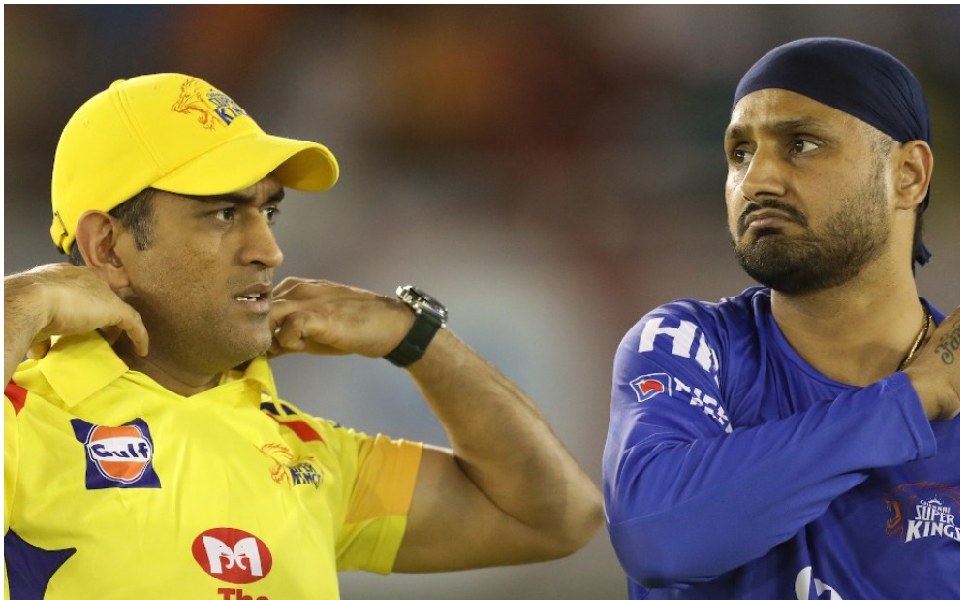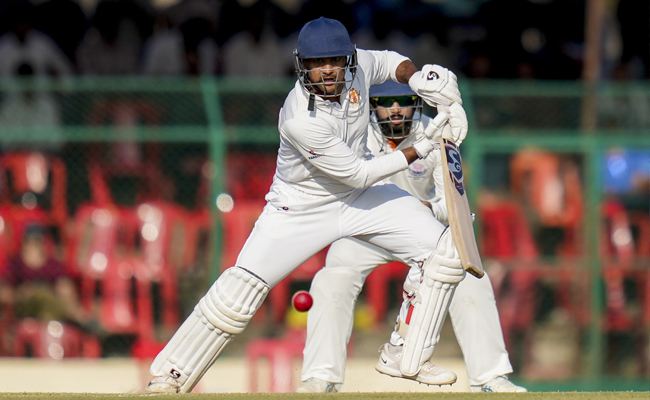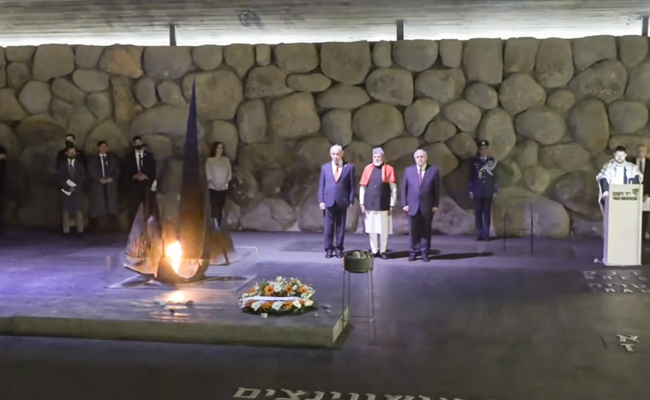The Indian cricket team's recent loss against Australia in the World Test Championship (WTC) final has sparked a flurry of reactions from fans on social media. Former Indian spinner Harbhajan Singh took a subtle dig at a tweet that implied MS Dhoni single-handedly won the T20 World Cup. Singh emphasized that cricket is a team sport and that victories should be attributed to the collective efforts of all players.
The tweet in question read, "No coach, no mentor, young boys, most of the senior players denied to take part. never captained any single match before. This guy defeated prime Australia in the semifinals and won a T20 World Cup in 48 days after becoming captain," accompanied by an image of Dhoni. In response, Harbhajan Singh pointed out the irony of solely appreciating and recognizing the captain's role in India's victories, unlike nations such as Australia, which credit the entire team for their success. Singh criticized the prevalent culture of idolizing individual players and stressed that cricket is ultimately a team sport.
Singh's tweet garnered mixed reactions, with some criticizing his viewpoint, while others supported his stance. It is worth mentioning that many ardent MS Dhoni fans have often credited the ICC trophy victories under Dhoni's captaincy solely to Dhoni himself, further fueling the discussion around individual recognition versus the collective effort of the team.
The debate sparked by Harbhajan Singh's tweet highlights the ongoing discussions in Indian cricket circles regarding the importance of acknowledging the contributions of the entire team in achieving success. While captains play a vital role, it is essential to recognize the collective effort put forth by every player on the field.
As social media continues to buzz with opinions and counter-arguments, it remains to be seen how this conversation evolves within the cricketing community and among fans.
Yes when these matches were played this young boy was playing alone from india.. not the other 10 .. so alone he won the World Cup trophies .. irony when Australia or any other nation win the World Cup headlines says Australia or etc country won. But when indian wins it’s said… https://t.co/pFaxjkXkWV
— Harbhajan Turbanator (@harbhajan_singh) June 11, 2023
Let the Truth be known. If you read VB and like VB, please be a VB Supporter and Help us deliver the Truth to one and all.
New Delhi (PTI): Passengers can now cancel or change air tickets without paying additional charge within 48 hours of making the bookings subject to certain conditions, with aviation watchdog DGCA revising the ticket refund norms for airlines.
The option would not be available for domestic flight bookings where the departure date is less than 7 days and in the case of international bookings, the departure date should be not less than 15 days.
Coming out with the amended norms that are more passenger-friendly, DGCA also said that airlines should not levy any additional charge for correction in the name of the same person when the error is pointed out by the passenger within 24 hours of making the booking, when the ticket is booked directly through the airline's website.
"In case of purchase of ticket through travel agent/portal, onus of refund shall lie with the airlines as agents are their appointed representatives. The airlines shall ensure that the refund process is completed within 14 working days," the Directorate General of Civil Aviation (DGCA) said.
Besides, there are changes with respect to norms for ticket cancellations due to a medical emergency faced by the passenger.
The amendments to the Civil Aviation Requirements (CAR) for 'Refund of Airline Tickets to Passengers of Public Transport Undertakings' comes against the backdrop of the rising passenger complaints about not receiving refunds on time.
The ticket refund issue also got highlighted during the IndiGo flight disruptions in December 2025 and at that time, the civil aviation ministry had directed the airline to complete the refunds within a specified timeline.
The revised CAR was issued on February 24.
Now, the airlines have been asked to provide 'Look-in option' for a period of 48 hours to passengers after booking tickets.
"During this period a passenger can cancel or amend the ticket without any additional charges, except for the normal prevailing fare for the revised flight for which the ticket is sought to be amended.
"This facility shall not be available for a flight whose departure is less than 7 days for domestic flight and 15 days for international flight from booking date when ticket is booked directly through airline website," the regulator said.
Beyond 48 hours of initial booking time, this option would not be available and the passenger would have to pay the relevant cancellation fees for amendment.
In a significant move, the watchdog said that airlines should not levy any additional charge for correction in name of the same person when the error is pointed out by the passenger within 24 hours of making the booking, when ticket is booked directly through airline website.
According to DGCA, in the event of ticket cancellations due to a medical emergency, where the passenger or a family member listed on the same PNR gets admitted/hospitalised during the travel period, airlines may provide either a refund or a credit shell.
"For all other situations, refunds will be issued once an opinion on the passenger's fitness to travel certificate is received from an airline's Aerospace Medicine specialist/ DGCA empanelled Aerospace Medicine specialist," it said.
In December 2025, scheduled airlines received a total of 29,212 passenger-related complaints and 7.5 per cent of them were related to refunds. During that month, domestic carriers carried over 1.43 crore passengers, as per DGCA data.
India is one of the world's fastest growing civil aviation markets and domestic airlines carried over 16.69 crore passengers in 2025.





